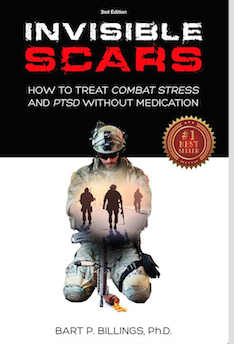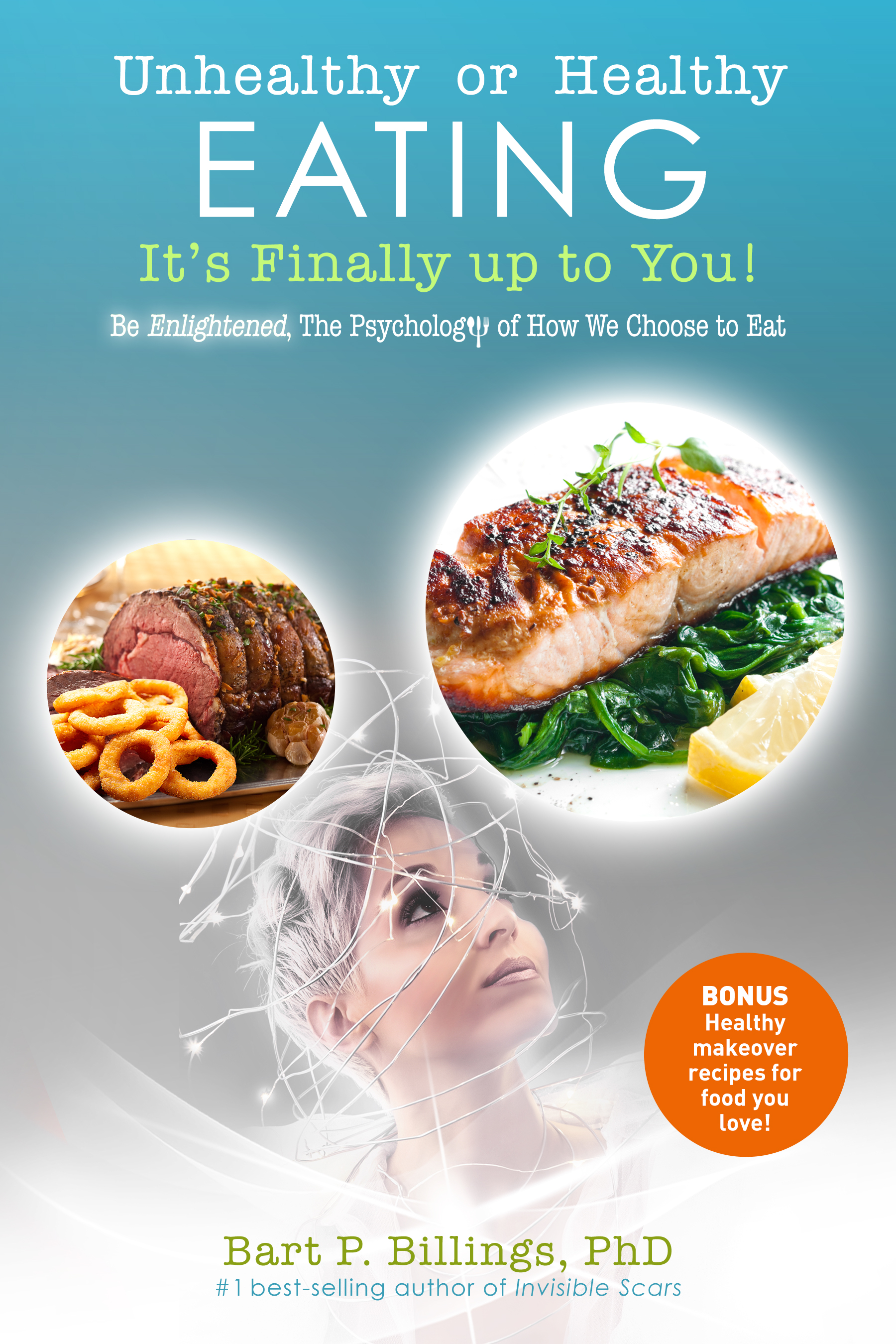Ask the Psychologist Issue #2: Cognitive Dissonance
- Posted by Bart Billings
- Posted on September 18, 2020
- Ask the Psychologist
- Comments Off on Ask the Psychologist Issue #2: Cognitive Dissonance
I have been asked recently, why so many people, at present, are so extremely divided on how they see the world, resulting in very angry exchanges. My prior Ask The Psychologist edition explains, why people who are angry, have such difficulty communicating; Recripical Inhibition (Below). This current edition talks about how people get to that point.
The Theory of Cognitive Dissonance (1957), Leon Festinger “proposed that human beings strive for internal psychological consistency, to function mentally in the real world”.
An individuals INTERNAL WORLD is a combination, primarily, of what they have experienced and learned throughout their life. What perceptions they retain in their REAL WORLD, are the experiences and education that meets their basic and higher level psychological needs ( Choice Theory Psychology principle ), at that time in their life.
Since no 2 people have the exact same brain with the same education and experiences in life, it is therefore impossible, for any two people to see the world 100% the same way. So as a result, every conversation is a disagreement to a certain degree. The degree varies with people, to a lesser or greater degrees, based on their lifetime perceptions. That is why some people can disagree to a moderate degree and some to an extreme degree, which can trigger extreme cognitive dissonance, that results in heated arguments, where one or both people try to get the other to believe their perceptions. These arguments result in people trying to get the other to give up their freedom to perceive, some of their lifetime values and moral positions.
Therefore, when a person experiences internal inconsistency, tends to become psychologically uncomfortable (Cognitive Dissonance) and becomes motivated to reduce the cognitive dissonance. They tend to make changes to justify their stressful behavior, either by adding new parts to their cognition which is causing the psychological dissonance or by avoiding circumstances and contradictory information, which is likely to increase the magnitude of the cognitive dissonance.
Coping with the nuances of contradictory ideas or experiences is mentally stressful for many. It requires energy and effort to sit with those, whose seemingly opposite thoughts seem true to them. Festinger argued that some people would inevitably resolve dissonance by blindly believing whatever they wanted to believe in spite of prevailing general realities.
Bart P. Billings,Ph.D.
COL SCNG-SC, Military Medical Directorate (Ret.)
Licensed Clinical Psychologist CA PSY 7656
Licensed Marriage, Family Therapist CA LMFT 4888
—Director/Founder International Military & Civilian Combat Stress Conference
—Initial Enlisted Ranks and Retired as Medical Service Corps Officer with a total of 34 years in US Army
—Recipient of the 2014 Human Rights Award from Citizens Commission on Human Rights International & The University Of Scranton “Frank O’Hara Award” in 2016.
bartbillings@yahoo.com
http://bartpbillings.com (“
www.combatstress.bizhosting.co
—Cell 760 500-5040
—Ph 760 438-2788
AVAILABLE NOW
“INVISIBLE SCARS” is available at Amazon.com: http://a.co/1WKPjsc

Some Amazon 5 Star Recent Customer Reviews
– This Book Saved My Life.
– I am sure that this book will save lives.
– 25 pages into Invisible Scars, I knew that it was the second most important book I would ever read…after the Bible. — David T. Ossian, Asst. National Vice Commandant , Marine Corps League
– This book is life changing…everyone needs to read ….
MOST CURRENT NEW BOOK
“HEALTHY EATING” is available at Amazon.com: http://a.co/4wlhtsa




